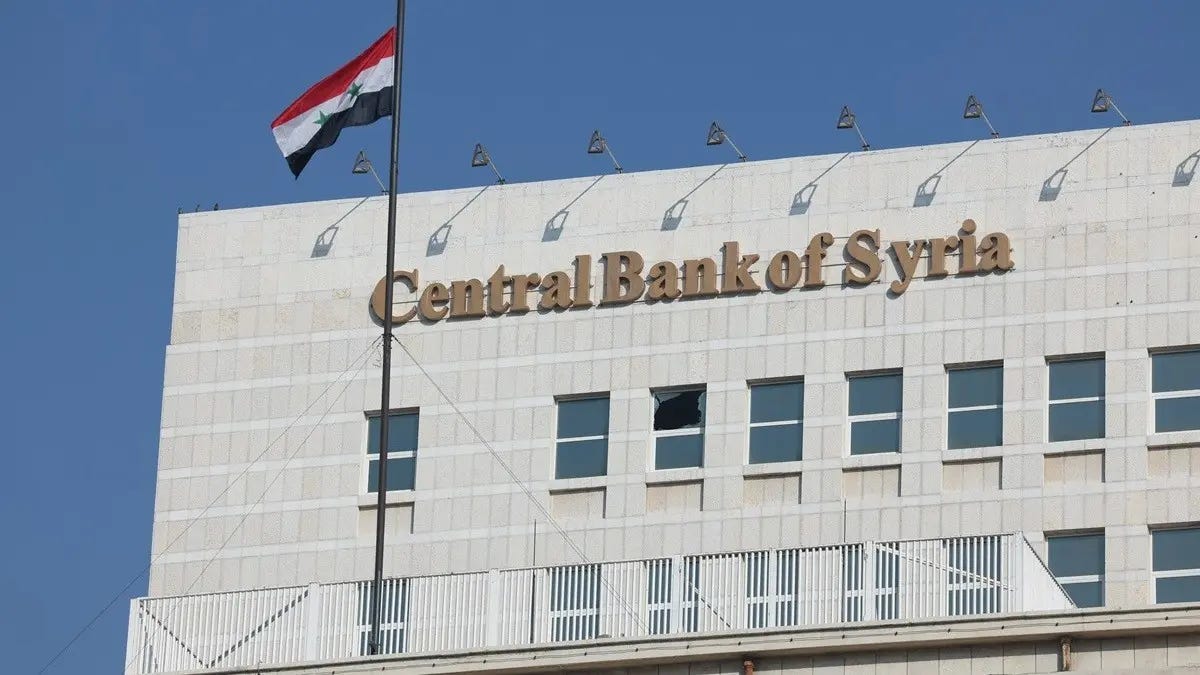Syria’s SWIFT Reconnection: A Step into the Western Finance Regulation Trap?
The move risks undermining Syria’s decades-long alignment with Eastern powers.
On 9 June, the Governor of the Central Bank of Syria announced that Syria would be reconnected to the SWIFT system “within a matter of weeks”. This development is anticipated to facilitate foreign direct investment (FDI) in the post-conflict nation and, over time, position Syria as a regional trade hub. However, SWIFT’s role as a cornerstone of the Western-dominated global financial architecture raises significant concerns. Reintegration re-exposes Syria to the jurisdictional and extraterritorial reach of Western financial regulations, particularly U.S. and EU sanctions, potentially undermining the country’s strategic autonomy and its decades-long pivot towards non-Western financial systems.
A Step Backwards?
SWIFT, while not directly imposing sanctions, serves as a gatekeeper for international financial transactions, enforcing compliance with Western regulatory frameworks. Syria’s reintegration into this system reintroduces exposure to U.S. and EU sanctions, which can be activated through direct or indirect associations with restricted entities or jurisdictions. This creates a structural vulnerability: a shift in Western political sentiment could precipitate renewed financial isolation, as evidenced by the experiences of Iran and Russia. Such exposure appears to conflict with Syria’s long-standing pursuit of economic and political autonomy from Western influence. Already, the West extended the armament ban from Assad's regime to the new Syrian government.
Keep reading with a 7-day free trial
Subscribe to MENA Unleashed to keep reading this post and get 7 days of free access to the full post archives.



